Halifax roofing contractors in Nova Scotia
78 companies found in your city.
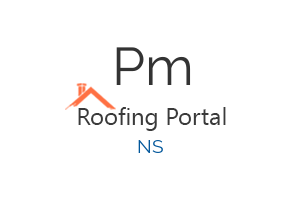
- P M Spicer Contracting
- Address: 2032 Torbrook Rd, Wilmot, NS B0P 1W0, Canada
- Phone: +1 902-765-6451
- Zipcode: B0P 1W0
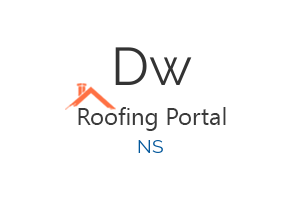
- Dwinnell Masonry & Roofing
- Address: 330 Highbury School Rd, Kentville, NS B4N 4K1, Canada
- Phone: +1 902-678-6654
- Zipcode: B4N 4K1

- Jeremy Zwicker Carpentry
- Address: 21 Pleasant St, Truro, NS B2N 3R5, Canada
- Phone: +1 902-814-1900
- Zipcode: B2N 3R5
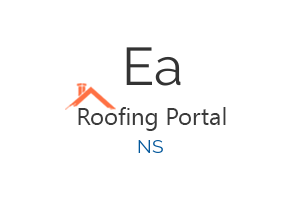
- Eagle Ridge Contracting
- Address: Shubenacadie, NS B0N 2H0, Canada
- Phone:
- Zipcode: B0N 2H0
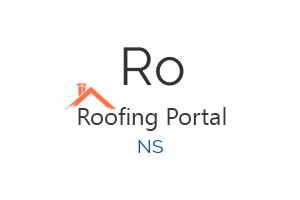
- Roof Masters
- Address: 27 Stratford Dr, Dartmouth, NS B2V 2M8, Canada
- Phone: +1 902-462-0696
- Zipcode: B2V 2M8
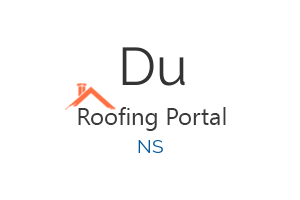
- Dufour and Sons Ltd
- Address: 57 Hirandale Crescent, Dartmouth, NS B2W 6H6, Canada
- Phone: +1 902-401-6684
- Zipcode: B2W 6H6
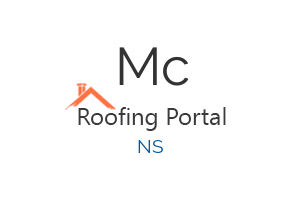
- Mc Laughlin Roofing & Siding
- Address: 777 Forest Glade Rd, Margaretsville, NS B0S 1N0, Canada
- Phone: +1 902-825-5010
- Zipcode: B0S 1N0
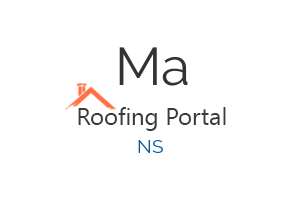
- Maritime Truss Ltd
- Address: 23 Polymer Rd, Truro, NS B2N 6T8, Canada
- Phone: +1 902-893-8660
- Zipcode: B2N 6T8
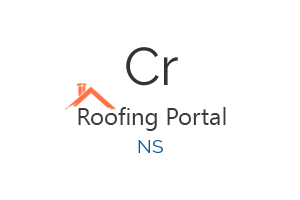
- Crosby Siding Roofing & Eavestroughing
- Address: 14 Pictou Rd, Truro, NS B2N 2R8, Canada
- Phone: +1 902-895-7859
- Zipcode: B2N 2R8

- Smith's Contracting
- Address: 42 Bomber Dr, Truro, NS B2N 2W6, Canada
- Phone: +1 902-305-4940
- Zipcode: B2N 2W6

Keep Landscaping Maintained
One of the easiest things home and business owners can do to protect their roofing investment from unnecessary damages is by keeping an eye on landscaping materials around the structure. Trees that overhang the structure are often at risk for damaging shingle roofing materials. Once wind and strong storms blow through the your area, you can be sure that a tree branch or two are going to damage roofs that are in close proximity. But more often than not, it’s not the strong winds that do the most damages, it’s the weak winds that do.
Finding and pinpointing a roof leak takes more than just a garden hose to find the leak and a few dabs of tar to make the repairs. It takes years of roof leak finding experience, the right tools and a quality crew of professionals to find and repair roof leaks the same day that they are found. Many roofing services claim they have what it takes to make your roof leak stop. But after they arrive, your roofers might just tell you that a complete roof replacement is going to be necessary to halt the roof leak. This is because it’s often easier to replace the entire roof and makes them more money to complete the installation. The fact of the matter is, most roof leaks can be repaired using simple and inexpensive techniques that won’t cost you a fortune in repairs.
Make Certain a Complete Roofing Inspection takes Place - A roof inspection is much more than just a quick look at the shingles or using a garden hose to find a roof leak. It involves inspecting every aspect of your roofing system to pinpoint hidden roofing concerns and stopping roof leaks now—as well as prevent future roof leaks to come. Many roof companies will want to have a complete roof replacement done to your Halifax, Nova Scotia roof. While a complete replacement is sometimes necessary; it’s not always the case. Many times, small and more cost effective roof repairs can be made to prevent roof leaks and extend the lifespan of your existing shingle roof. Be sure that your roofers look at more than just the shingles. An experienced roof leak trouble shooter will look for damaged soffit, fascia, drip edge and roof flashings as well as chimneys, skylights plumbing pipes and ridge ventilation to ensure roof leaks are cured for good. Windows, doors and gutter systems can sometimes harbor roof leak woes as well and should be inspected along with the rest of the roofing system to make certain that all of your now and future roof leaks are kept at bay.
- Missing, Broken, Damaged Shingles
- Roof Plumbing Pipe Weeping and Staining
- Loose or Bent Ridge Vent
- Fogging Window/Skylight Panes
- Chimney Flashing Corrosion
- Rusting Valley Metal
- Loose Satellite Dishes
- Overflowing or Improperly Sloped Gutters
- Improper Attic Ventilation
- Damaged Drip Edge, Soffit or Fascia
- Signs of Black Mold
- Winter Ice Dams